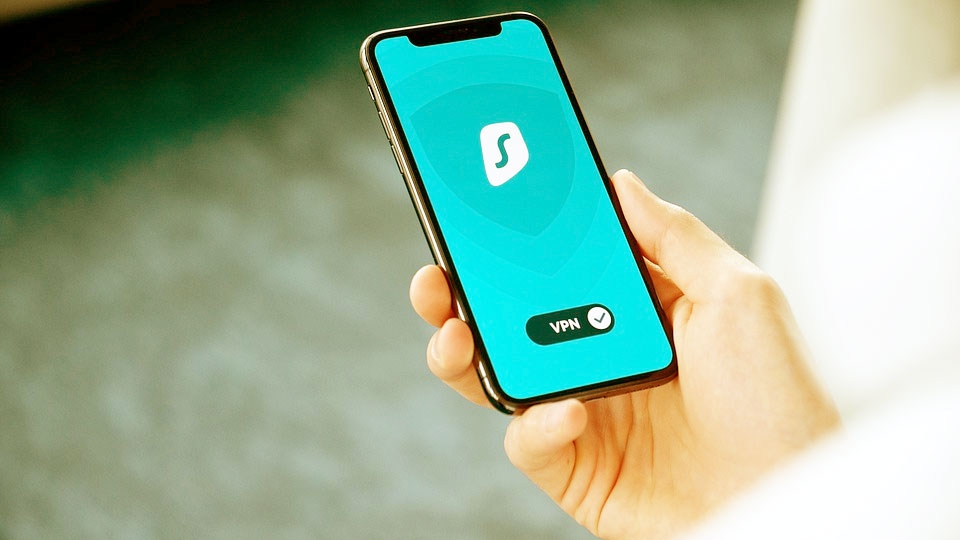
Life on digital media is thriving under the false impression that your phone is your own and, therefore, your data is yours to see and share. It is not true at all. Life with the advent of social media has not only become transparent because of its instantaneous reach but also because it is susceptible to malware that causes your data to become available to anyone and everyone. This issue has been fueled by an increase in the number of mobile phone users, thus leading to an increase in mobile cyber security threats.
Therefore, with mobile cyber-security threats on the rise, it is essential we understand how to protect ourselves and more about the threats we need to be aware of. On that note, here are some of the most common types of mobile cyber-security threats that you should look out for, and ways to protect yourself against them.
Spyware
Whether you are using an Android or iOS phone, you are susceptible to spyware and third-parties mining your user data and tracking your activities. For example, back in 2016, Apple discovered that spyware by the name of Pegasus was used to hack into Apple phones and other devices to spy on users. After some time, Apple released an official update that protected users against spyware.
Similarly, Android users are also vulnerable to spyware even with the protection offered by Google. Therefore, the only solution is to use one of the best VPN for iOS devices to protect yourself from spyware and trackers.
Malware Apps
Most apps on Google Play Store and App store contain malicious content that the user cannot differentiate from because of the extensive app permissions and more. Most users blindly trust the apps on the store and allow permission when downloading them without going into the details of the app. This makes the mobile device vulnerable to malicious apps that contain viruses and tracking software.
Most of these apps contain trackers and log your online activities to sell them to third-party advertisers. One thing you can do is use a VPN that will alert you when downloading malware apps and apps that contain trackers.
Cryptojacking
Another new form of cyber-security attack is cryptojacking. Cybercriminals use poisoned websites to get access to your mobile phones and use your data to mine cryptocurrencies. It is basically the use of someone else’s device (phone and computer) to mine cryptocurrency. Cryptojacking botnets target Android, iOS, and even Windows devices to mine cryptocurrencies. “Hackers see cryptojacking as a cheaper, more profitable alternative to ransomware,” says Alex Vaystikh, co-founder of SecBI.
Phishing
Phishing is one of the most common and most used cybercrime tactics used by criminals. It is mostly in the form of emails and is targeted towards mobile phone users because people are more likely to respond to emails on their smartphone because of quick accessibility. Phishing attacks also take place via text messages, apps, and social media platforms. To minimize exposure to phishing attacks, the most effective way is to use physical security keys for Android like Titan of Google or use in-device security key options to boost your security.

Public Wi-Fi
Network security is highly essential when it comes to the overall security and protection of a mobile device. Public Wi-Fi is convenient, but they expose you to a lot of threats because it serves as a gateway for hackers. Here is what really happens: When you are in a public place like a cafe, hackers might trick you into what looks like an authentic network, but it is actually fake Wi-Fi hotspots that are controlled by the criminal. It is then used to access mobile devices and mine user data, and steal information like credit card details, mobile numbers, and more.
A VPN becomes a necessity for people who use public Wi-Fi. VPN encrypts your online traffic, making it impossible for the hacker to see, thus offering maximum security and online protection.
Weak password
Most mobile users don't put much attention into setting up their passwords and fail to secure their accounts. This is especially worrisome when employees are working remotely, and their mobile phones contain sensitive company information. As shocking as it may sound to you, 34% of people don't use any type of password to lock their mobile phones. Imagine the possibilities!
Most people who do have passwords, use typical passwords that can easily be cracked by codes. These include birthdays, 1234, qwerty, and more. For boosting your security, consider using a password manager, change your password regularly, and use 2-factor authentication.
IoT security threats
With the invention of new technology like Smart Homes, Smart Watches, Tablets, and more, users are faced with the Internet of Things (IoT) security threat. IoT has increased productivity and efficiency in workplaces and personal lives as everything is connected to one another. However, this connection also poses a threat as it makes it easier for cybercriminals to hack the system by accessing only one device.
Most latest devices and mobile phones have IP addresses that can be hacked to gain access to corporate or personal information within the network. One way to secure the transfer of information on such devices is to use a VPN that will encrypt your online traffic and make it invisible to the eyes of the hacker.
Boost your mobile security
As you can see, mobile devices come with a lot of cyber security threats, but there are a lot of tools to help you stay safe and protected against such malicious attacks. The most effective way to ensure your online privacy and security is to use a VPN. With the increase in technology and the number of mobile phone users, it is very important to boost online security and take necessary steps to ensure that no one can get their hands on our private information and data.
 Xiaomi Mi 9T Pro
Xiaomi Mi 9T Pro  Xiaomi Mi Note 10 Pro
Xiaomi Mi Note 10 Pro Sony Xperia XZ2
Sony Xperia XZ2  Lanix Alpha 1V
Lanix Alpha 1V Xiaomi Redmi Y1
Xiaomi Redmi Y1  TCL 10L
TCL 10L 

